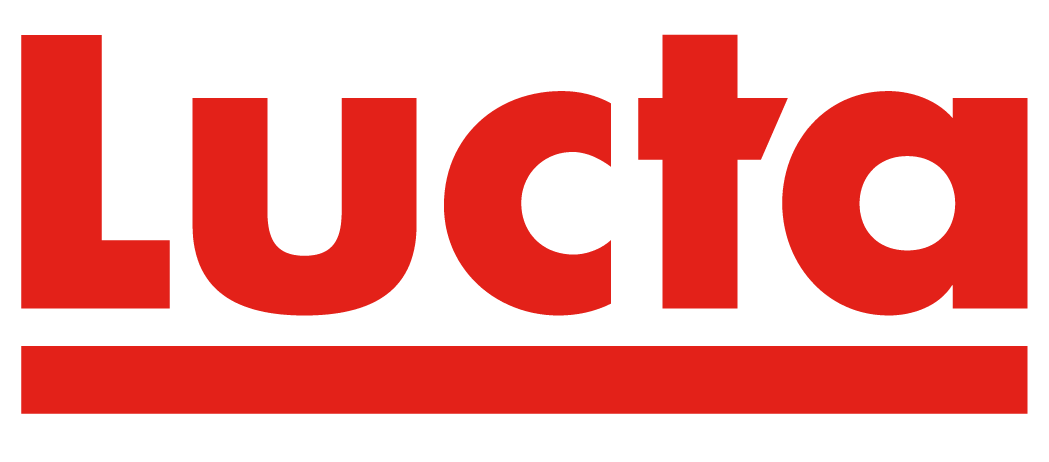A bioactive extract from Olea europaea (OBE) can stimulate secretion of glucagon-like peptide-1 (GLP-1) and GLP-2, through bile acid receptor TGR5. Increasing circulation of GLP-2 promotes beneficial effects on intestinal function, which can be compromised in preruminant calves. The aims of this study was to determine the optimal inclusion level of OBE to promote maximal secretion of GLP-1 and determine the effects of OBE on health and growth of Holstein calves. Experiment 1 was a 5 × 5 Latin square design with 5 doses of OBE (0, 60, 90, 120, and 180 mg/kg of BW) administered in 5 periods to 5 calves. Blood was sampled at 0, 15, 30, 60, and 90 min relative to dosing to determine plasma GLP-1 concentration using an ELISA kit. In experiment 1, the maximal [GLP-1] after dosing was greatest at 60 mg/kg of BW vs. 0 mg/kg of BW (P = 0.04) 60 min after dosing. Experiment 2 was a RCBD with 2 doses of OBE (0 or 60 mg/kg of BW) with 44 calves/treatment. Intake of milk replacer (MR), starter, and water were recorded daily. Body weight and stature measurements were recorded weekly. Blood was sampled (wk 2) to determine [GLP-1]. Total RNA was isolated from fecal samples (wk 2) for RT-qPCR analysis. Data were analyzed using the GLIMMIX procedure in SAS. In experiment 2, there were no differences in MR, starter, and water intakes, body weight, or growth measurements (P > 0.10). The likelihood of occurrence of scours or medication did not differ between treatments. Calves given OBE had numerically (P = 0.11) fewer average days medicated for digestive issues in the first 3 wk. In experiment 2, prefeeding concentrations of GLP-1 tended (P = 0.06) to be higher in OBE fed calves but the delta change after feeding tended (P = 0.10) to be less for OBE fed calves. Expression of TNFA was similar, but NFKB1 expression differed between 0 vs. 60 mg/kg of BW OBE (−4.62 vs. −2.41 ± 0.54; P < 0.01), respectively. In conclusion, OBE had few positive effects on growth or health of calves during the preweaning period or through weaning.
Autores: Sarah Y. Morrison, Ignacio R. Ipharraguerre, Rizaldy C. Zapata, Prasanth K. Chelikani, Fernanda Rosa, Johan S. Osorio, Jose J. Pastor, Fernando Bargo, Marta Blanch, James K. Drackley
Libro/Revista: ADSA Annual Meeting (Knoxville), Journal of Dairy Science, Volume 101, Supplement 2 (Abstract: T270).
